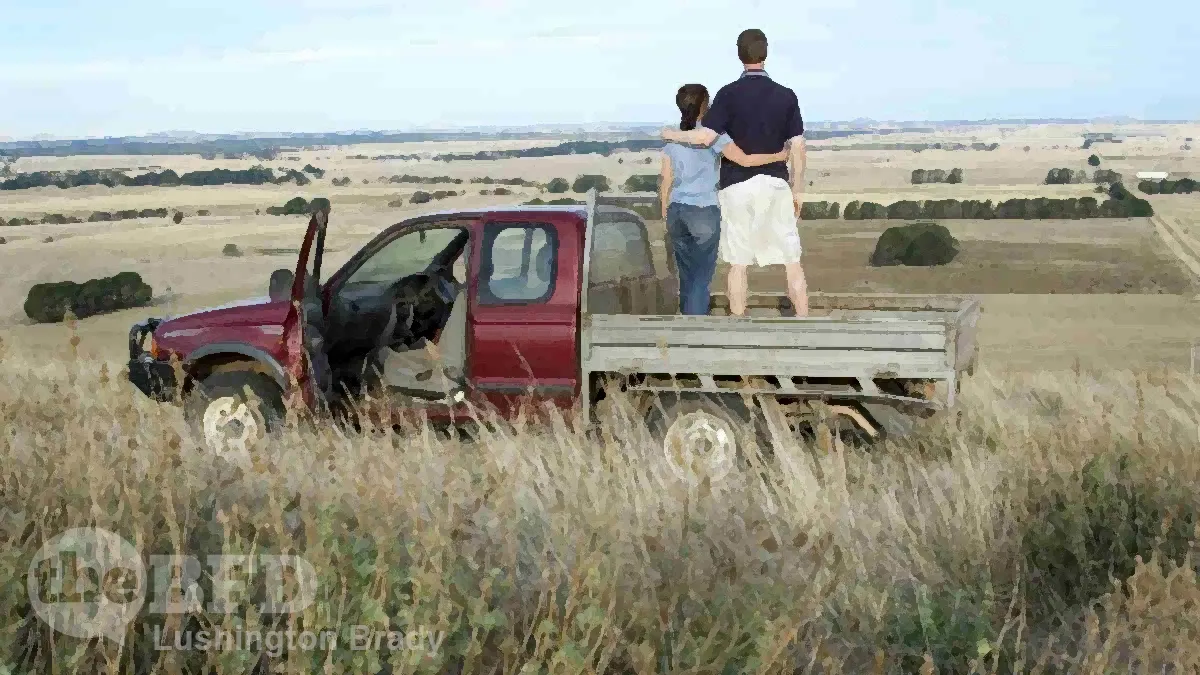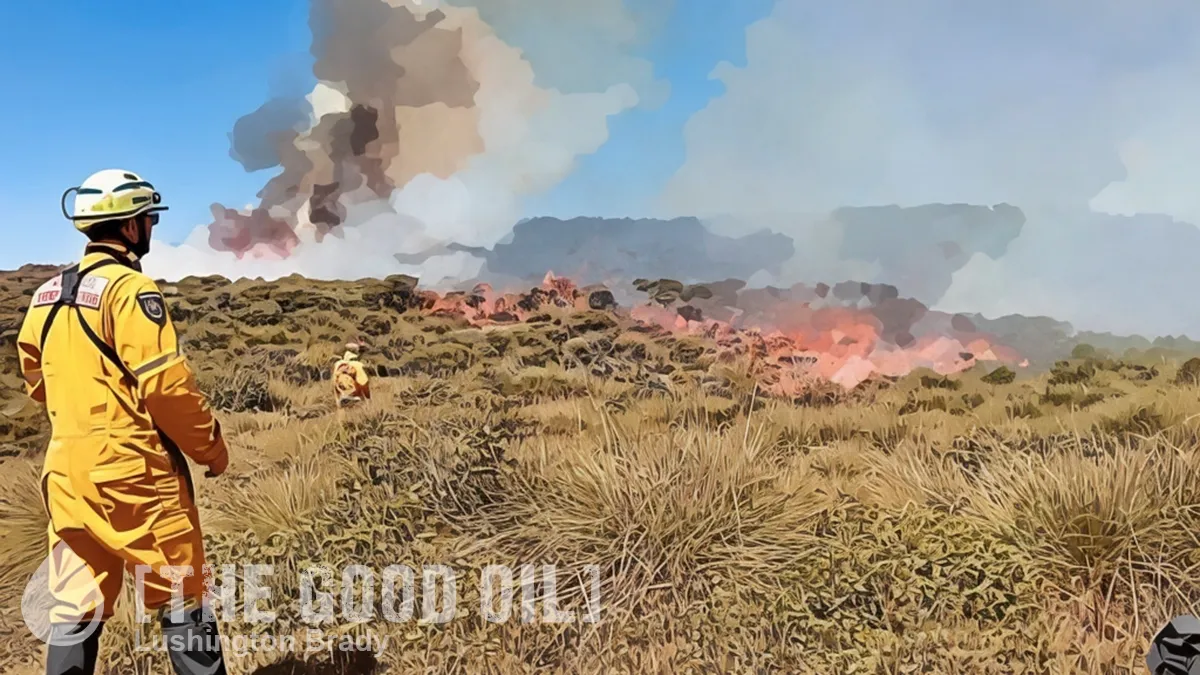Table of Contents
Bryce Edwards
Political Roundup
There has been some strong pushback against the farmer protests, mostly from those advocating that more needs to be done for the environment, and farmers need to accept the reality of the urgency the country faces on issues like climate change and water reform.
Broadcaster Jack Tame challenged what he sees as farmers being ungrateful for the special treatment they get, given that they are protesting about the lack of government support:
“did those protesting farmers feel the same way when their industry received the best part of a billion dollars in support for Mycoplasma Bovis? Did they take to the streets to protest hundreds of millions of dollars they received in irrigation subsidies? Did protestors turn out in anger at drought relief packages, or flood relief, or the Covid-19 wage support? If the agriculture sector is concerned about special treatment, just wait until it hears about the Emissions Trading Scheme”
See: Protesting farmers are hypocrites – but so am I.
He concludes:
“the sector has been well-supported for a very long time. I don’t think a few thousand extra dollars for a ute and some environmental compliance expenses are going to be so devastating that they fundamentally threaten farming communities’ way of life.”
Similarly, the Herald’s Simon Wilson points out that farmers are actually doing very well “when beef and lamb prices are strong and Fonterra says there will be another near-record dairy payout” – see: Farm tractors, Ponsonby lattes and the true gulf between us (paywalled).
He argues the Government is going very easy on farmers:
“Water reforms have been amended and so have the plans for wetlands. Targets for biogenic methane, aka the belching of ruminant animals, are much softer than they are for carbon emissions. It does rather seem both the Government and the Climate Change Commission have decided the rural sector can’t be asked to carry the main weight of our environmental goals.”
For Wilson, the farmer revolt is simply down to the National Party irresponsibly fostering backward attitudes in the rural communities. Because this has created resistance to change for so long, the Government now has to move more quickly on environmental issues.
Newsroom political journalist Marc Daalder makes some similar arguments, saying that in terms of climate change what the Government is asking of farmers is “no different from the sacrifices that everyone will have to make to decarbonise” – see: Feebate won’t bankrupt farmers, but climate change might. In fact, compared to urban dwellers, Daalder says “farmers, whose footprint is partly made up of biogenic methane from livestock, face a more lenient target.”
And in today’s Otago Daily Times, two environmentalists take issue with the protests in Dunedin, suggesting protesting farmers aren’t sufficiently concerned with climate change – see Mark McGuire’s Climate change denial shocks and Bruce Mahalskiis’ Call to calm rhetoric in face of common climate threat.
For a more sympathetic environmental critique of farmers, see Philip McKibbin’s opinion piece, New Zealand farmers’ demands are unrealistic – but they are suffering and deserve support. In this he agrees that the Government should be doing much more for farmers to help them transition away from the production of dairy and meat.
Please share so others can discover The BFD.









